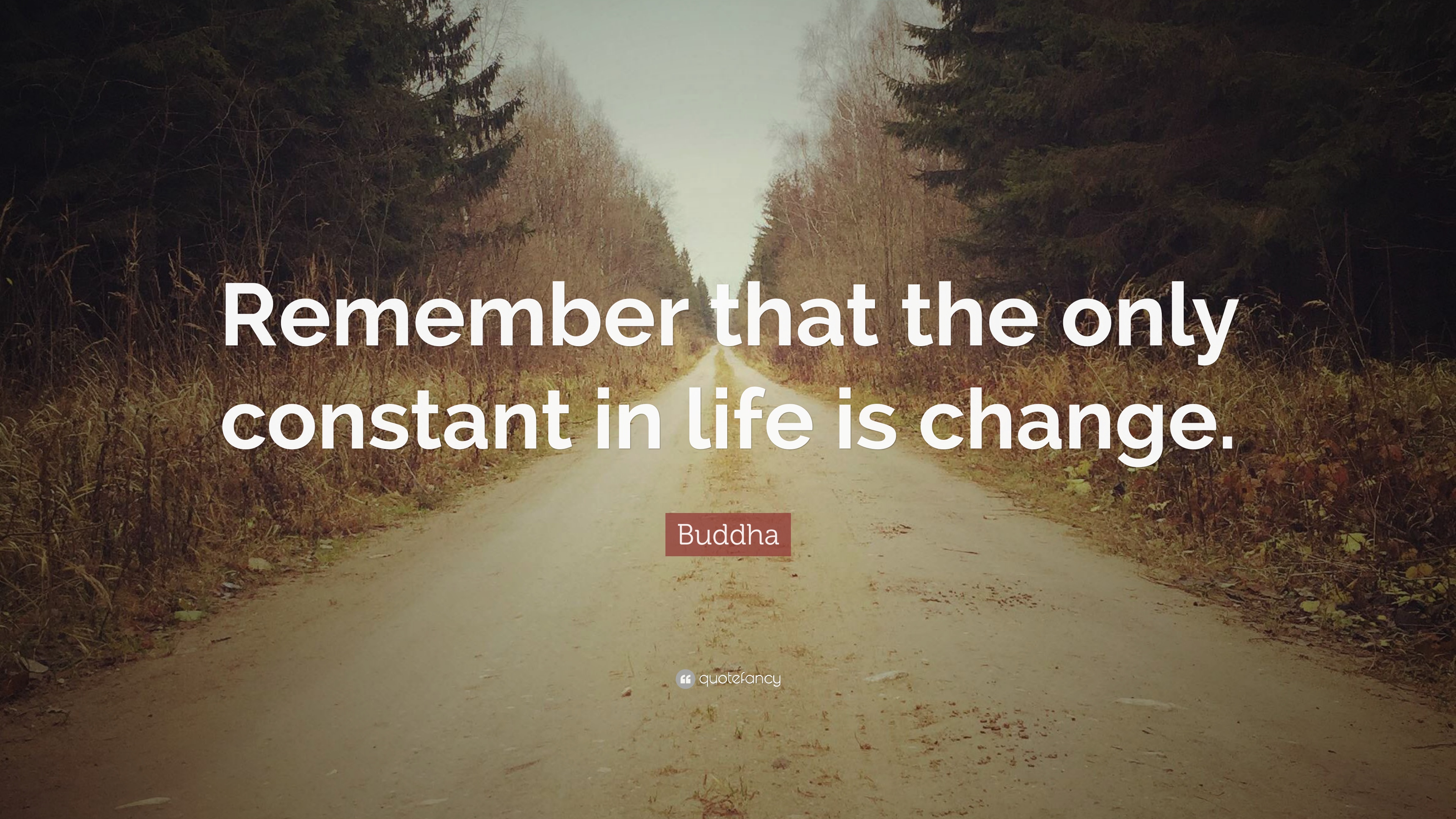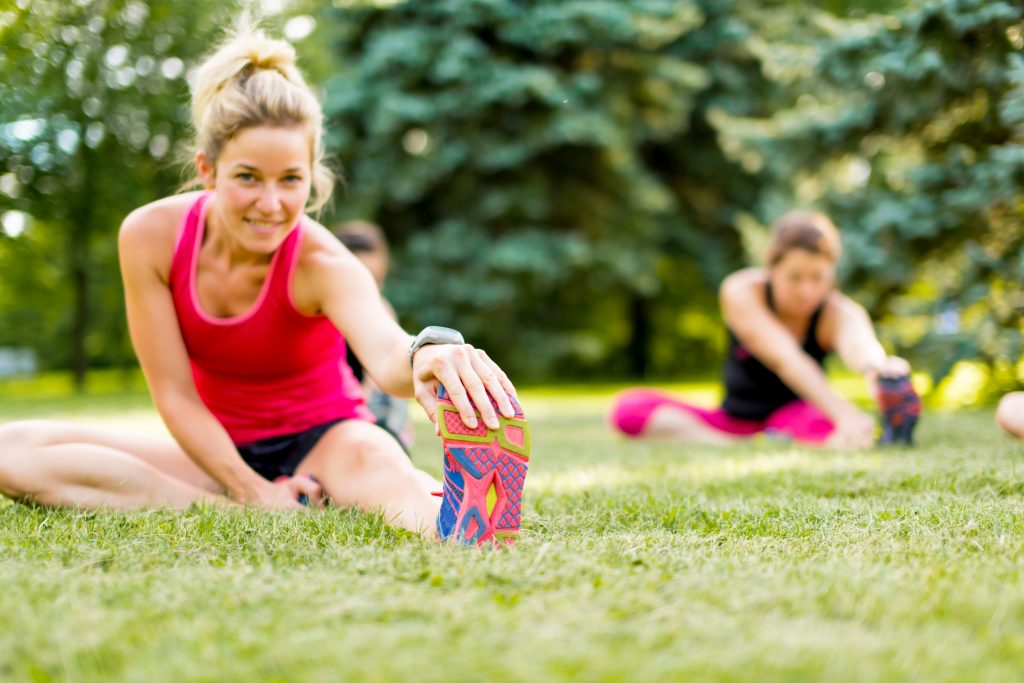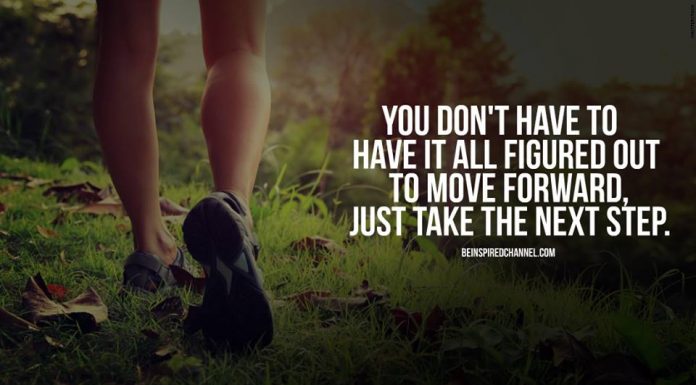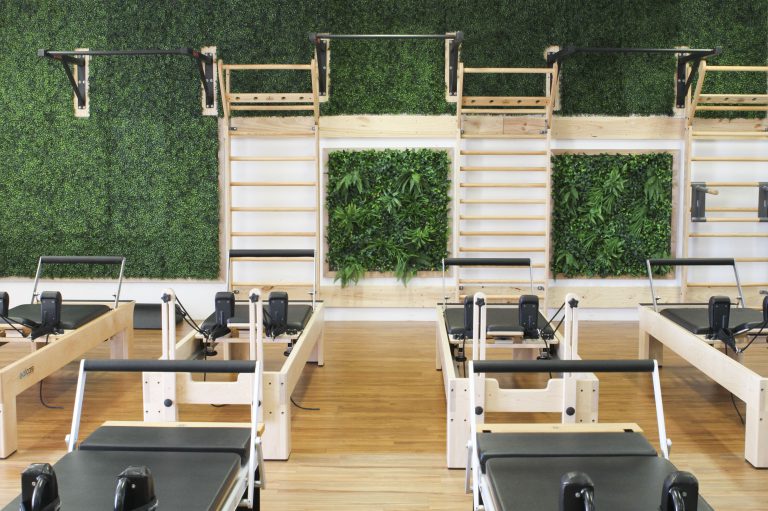“New Year..New You” – how many times have we heard this expression before? The start of the year is the perfect time to reflect, re-assess goals and work out exactly what you want to get out of the coming months. However many of us try to overhaul ourselves and our lives to come up with “resolutions” for the “New You”. The problem with this is that it can be extremely overwhelming and we set ourselves unrealistic goals. A month later we have fallen off the wagon and this can lead to feelings of reduced self-confidence, frustration and an “I can’t do it” view. Instead, have a go at applying these tips to your own goals and rather than New Year’s Resolutions you will see real lifestyle changes.

1) Don’t expect too much of yourself
New Year’s resolutions usually sound something like this:
“This year I am going to fit in an hour of exercise each day AND do meditation every night before bed AND drink less alcohol AND stress less AND stop eating carbs AND spend more time with friends AND be more productive at work AND”…you get the idea. We often have all the best intentions but this is way too much to expect of yourself straight away. Break it down. Pick what is most important to you and focus on this first. You do not need to achieve all of your goals by the end of January. Keep things gradual and you will get there.
2) Set goals, but break them down
Goal setting is really important for helping us to continue growing and improving. Take some time to think about where you want to be long term. For some people specific goals work best eg. “I want to run 12km in the City to Surf this year”. Awesome! Now let’s break it down. If you are doing nothing at the moment, start with a walking program or a Couch to 5km App. Build from there and set yourself goals along the way. And make sure you recognise your efforts when you get there. For others your goals might be more general like “I want to be happier and healthier to keep up with my kids”. Great! For overall health and fitness you need consistency. Your short-term goals may involve exercising 5 days a week to start – whether this is a 10 minutes walk you can squeeze in at lunchtime, bike ride with the kids or an hour in the gym if that’s what you like! Just get into the habit of getting some activity in every day.
3) Follow the KISS principle
KISS – Keep It Simple Stupid
The simpler things are, the more likely we are to stick with it! Try to not over complicate things. There is a whole wide world out there full of information which can be a bit overwhelming. Where do you start? Keep it simple, start at the beginning. Once you have created a habit you can continue to build and change.
4) Don’t be afraid to ask for help
Change can be scary but if you have thought about making a change you have already taken the first step! Not sure what to do next, ask! If you have a family member or friend who has lost weight, ask them how they did it. Or someone who is in a good exercise routine, see if you can train with them. For anything health related your GP is always a good starting point as they will be able to direct you to the right person for what you need. And as always your trusty Physios are also there to help!
5) Surround yourself with support and positivity
This ties in a bit with the last point. If you are wanting to make positive diet changes get the family involved. For exercise find someone you can work out with – this will make it more social and will help to keep you accountable. Facebook is a very powerful tool and there are a lot of groups you can join where you will find people doing the same thing.

6) Consistency and Commitment
No one ever said change was easy. You have to be committed and you have to be consistent. Your change doesn’t have to be big but keep it consistent and it becomes habit. It may help to schedule it in each day eg. what time you will fit in exercise or drinking 1L of water by lunch and the rest by dinner. Or focus it around something you already do every day eg. instead of sitting on the couch for 2 hours to watch TV at night I will watch 1 hour of TV and then spend the next hour meditating and stretching. Use a diary to record it or…
7) Use Apps
There are some fantastic apps out there to help with accountability and consistency. One of these is Habit Tracker which allows you to set whatever you like as your “new habit” and each day you enter it will add to the ‘chain’. If you are a visual person it shows you your chain of days, if you are a numbers person you can see all your stats! You can also enter reminders if you need a bit of a hand to get started.
8) Don’t be too hard on yourself and plan for obstacles
There WILL be times where things don’t go to plan. And guess what..that is OKAY! In fact it is GOOD! You will have days where you just can’t be bothered, where it feels to hard. We know that life is unpredictable so you may face time pressures you didn’t expect, there may be injury or illness, maybe finances change. You absolutely need to give yourself a break and be okay with the fact that these things happen. Reflect, re-focus and get going again. If you have a plan in place for how to manage obstacles this is much easier.
9) Remind yourself why you are doing it
In order to create new habits and positive change you have to be motivated. So why are you doing it? Make sure you know why and remind yourself of this often. Especially in the times where it is hard to keep going – remind yourself of why you started and where you want to be.
10) Use your environment
Habits are things we do automatically in response to our environment. It involves a cue, an action and a reward. Initially we will need to make conscious decisions for new things to happen but eventually we want them to become automatic. To help us get there we can use cues. For example if you want to get into the habit of exercising in the morning set out your clothes and shoes the night before. You will get up and see them straight away in the morning – this is your cue. Or if you usually head straight for the coffee machine in the morning put your water bottle in front of it. By habit you will get up and go the coffee machine, but you will see you water bottle and this will cue you for water instead. Use your environment to your advantage.
Simple tips that can be applied to any change or habit you are trying to create. Be committed, be consistent, be positive and be realistic. Most of all make sure you recognise and reward yourself along the way!
Allissa Velluto
Physiotherapist



